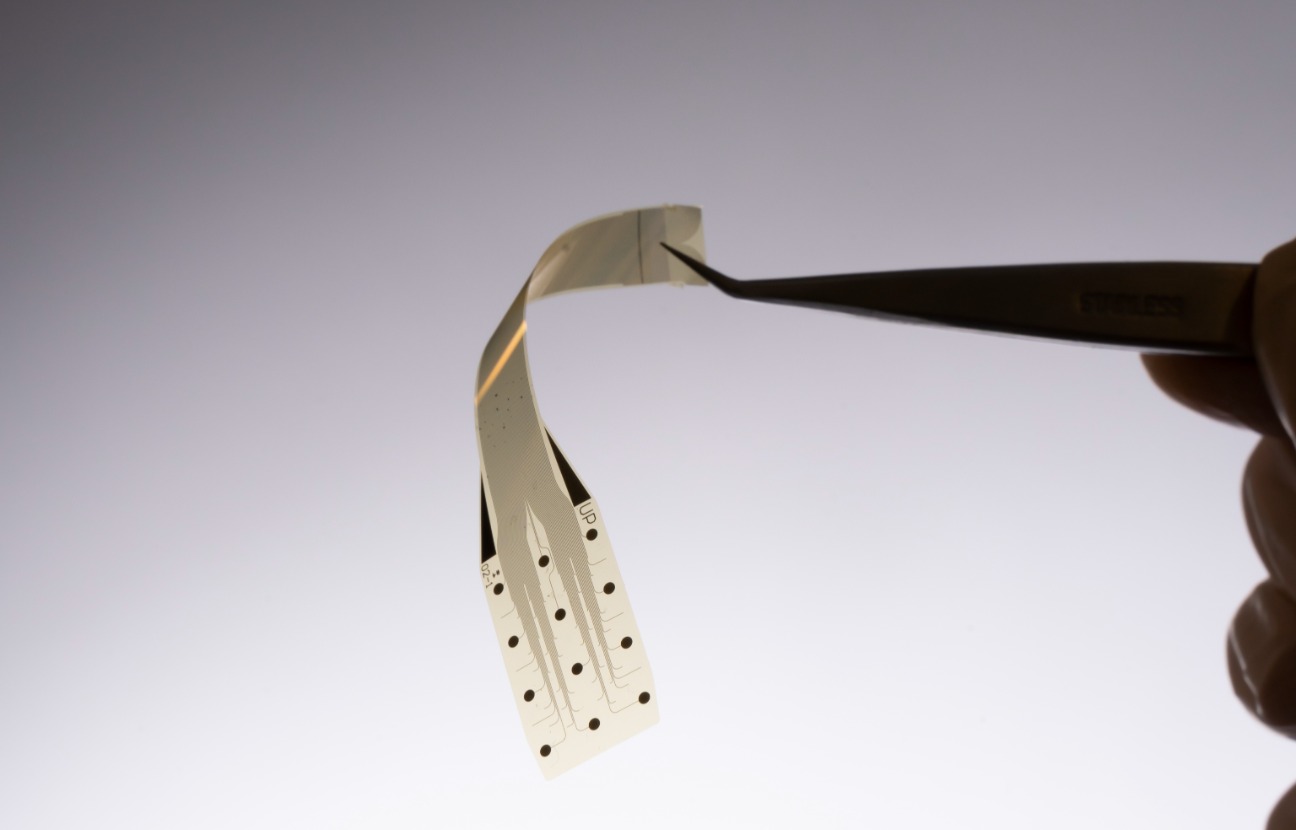Pioneering Real-Time Precision Neurology
World's First Graphene-Based Brain Interfaces

A new era of neurotechnology is emerging from Spain, where INBRAIN Neuroelectronics is reshaping how we treat neurological and systemic disorders. This cutting-edge company, which has been selected as a World Economic Forum Technology Pioneer, is developing the world’s first graphene-based brain-computer interface therapeutics (BCI-Tx) platform, bringing personalized, adaptive treatments for conditions such as Parkinson’s disease, epilepsy, and stroke rehabilitation.
Founded in 2019 and headquartered in Barcelona, INBRAIN stands at the intersection of biotechnology, neuroscience, and advanced materials. Their platform leverages high-resolution neural decoding and targeted micromodulation, using graphene’s unique conductivity and biocompatibility to record and stimulate neural activity with unprecedented precision.
What sets INBRAIN apart is its ambition to build autonomous brain-computer interfaces that continuously monitor brain activity and adapt therapies in real time. This enables highly personalized treatment regimens that can improve clinical outcomes while reducing side effects — a significant step forward from traditional neuromodulation techniques.
Major Milestones and Collaborations
INBRAIN’s progress has been marked by a series of high-impact milestones:
- In 2023, its BCI-Tx platform received FDA Breakthrough Device Designation for its use in treating Parkinson’s disease — recognizing the platform’s potential to deliver more effective and safer therapies for a debilitating condition that affects over 10 million people worldwide.
- Through its subsidiary INNERVIA Bioelectronics, INBRAIN is also developing bioelectronic therapies for peripheral and systemic diseases, in partnership with Merck KGaA, a global pharmaceutical leader. This expands the company's focus beyond brain disorders into broader applications of neuromodulation for chronic and inflammatory conditions.
- In early 2025, the company was selected as a World Economic Forum Technology Pioneer, joining an exclusive cohort of 100 companies recognized for redefining industries through bold innovation. Past honorees include game-changers like Google, DeepMind, and Moderna. As part of the WEF network, INBRAIN will participate in key international gatherings such as the Annual Meeting of the New Champions in Tianjin and a global convening in New York later this year.
- Most recently, INBRAIN secured a €4 million grant from the Spanish Ministry of Industry and Tourism through the PERTE Chip initiative — a national strategic program to boost microelectronics and semiconductor innovation. The grant will accelerate development of INBRAIN’s intelligent BCI systems that combine graphene interfaces with on-device computing, enabling responsive therapies that modulate brain activity as it happens.
“We are honored to be recognized as a Technology Pioneer by the World Economic Forum,” said Carolina Aguilar, Ph.D., Co-Founder and CEO of INBRAIN Neuroelectronics. “This award validates our vision to build a new standard of care for patients with neurological disorders, one that is adaptive, precise, and grounded in both data and biology.”
A Platform Built for the Future of Precision Medicine
INBRAIN’s approach is grounded in scalability and cross-functional application. Its graphene-based electrodes are designed to be minimally invasive, and its software stack is built for integration with AI-driven signal processing. As the platform matures, it promises to unlock new frontiers in neurorehabilitation, personalized medicine, and even cognitive enhancement.
In a field where many therapies are still reactive or broadly targeted, INBRAIN is betting on a data-first, biology-informed strategy that could revolutionize not only how we treat brain diseases — but how we understand the brain itself.
As INBRAIN’s recognition and partnerships continue to grow, the company remains committed to delivering on a bold promise: to give patients smarter, safer, and more adaptive neurotherapies — powered by science, driven by data, and enabled by graphene.